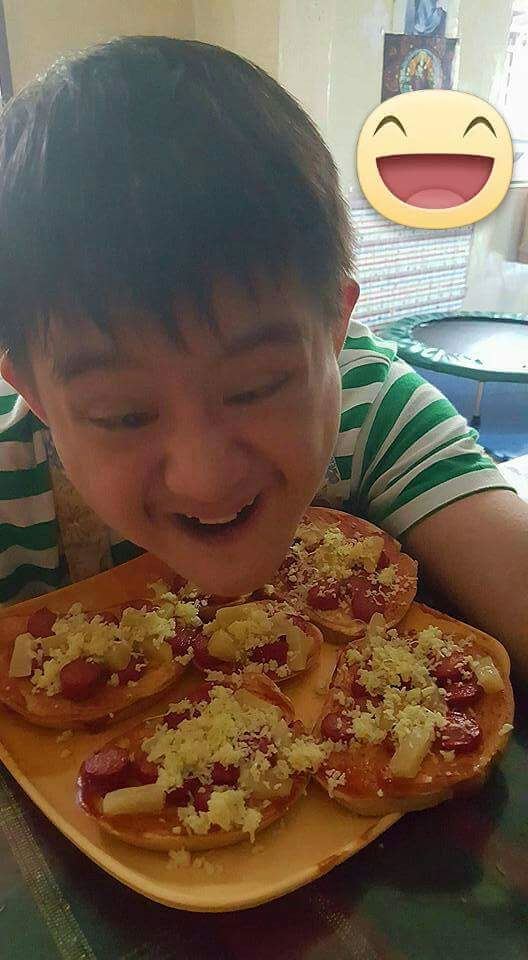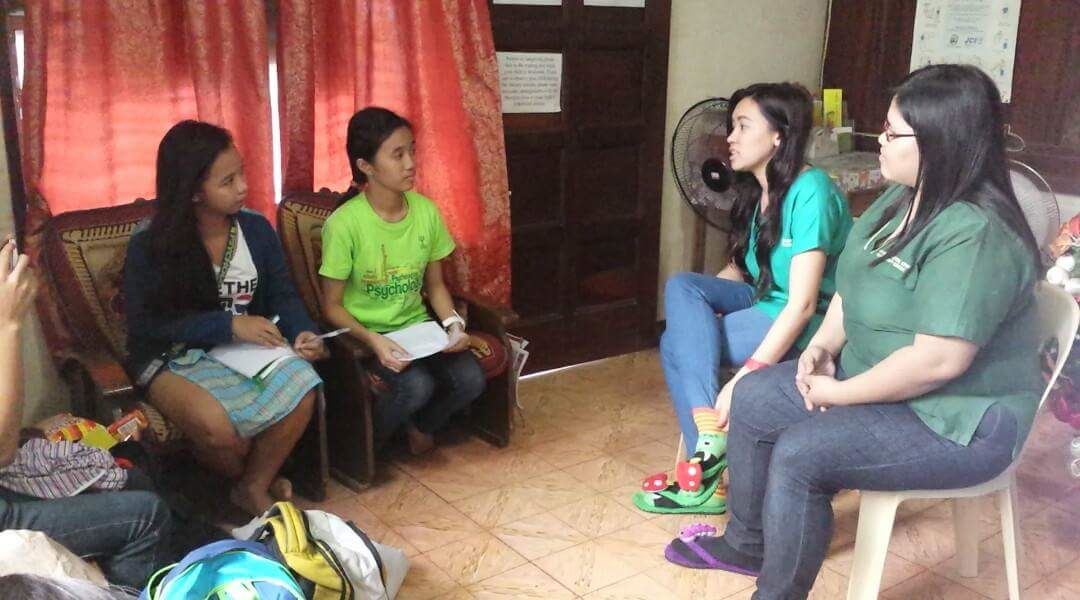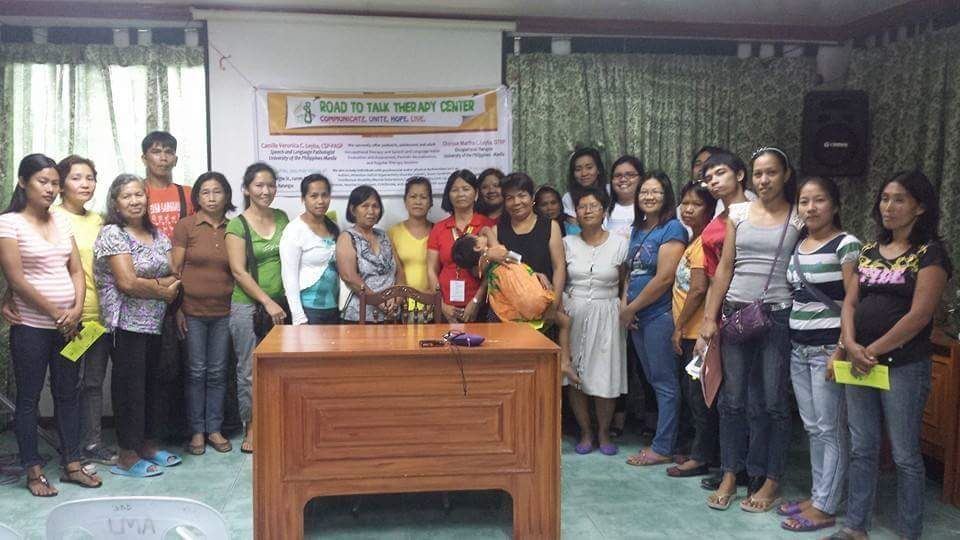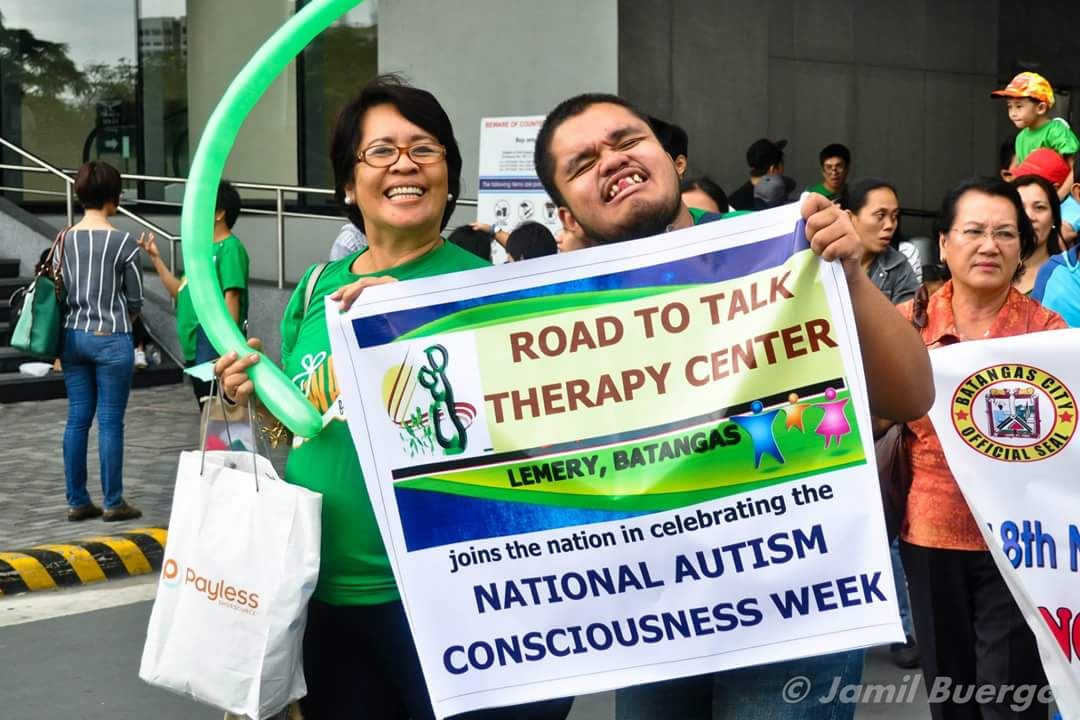The very first week after graduation, I cried. A lot. Everyday. My mother came to witness a young adult throwing the ugliest tantrum just because her mind was coming to terms with the “no-more-waking-up-in-my-dormitory” kinds of mornings. Forgive me. I was 20. And for only 2 months, I was trying my best to absorb everything and to adjust to the biggest transition of my entire life: to be a working young adult. And a responsible one at that! But to fulfill that would mean packing up 4 years of precious college and dormitory memories – among books and clothes, in 5 huge boxes – and going home.
I was then reminded of why I needed to transfer to another UP unit (Manila) after having learned that I got accepted in UP Los Banos; of why I needed to take an additional 6 units of subjects outside my curriculum – I was in the BA Development Studies (BA DevStud) program initially – in order to align my subjects with that of BS Speech Pathology (BS SP), even when I wasn’t sure that I was going to make it; of why I needed to shift from BA DevStud to BS SP (this is it!); of why, one day, I found myself sitting in front of Dr. Joyce Marzan and Professor Joane Rabang-Mata, who asked me the most basic question in the application process: Why do I want to be a Speech Pathologist?
So I headed home.
I chose BS Speech Pathology because my 20-year-old brother was diagnosed with Autism when he was 3. My entire family was left dumbfounded, clueless and helpless all at once. “Broken” was an understatement. But God is great! He led us to the right professionals, to the right team. The journey doesn’t always come easy, though. There was only one Speech Pathologist in Batangas at that time and her clinic was 1 hour away. Other kids going to therapy experienced the same plight of a 1-hour commute just to receive the much-needed services. This was when I made up my mind that, should God lead ever me to a path in becoming a Speech Pathologist, I’ll be practicing my profession in Batangas.
And then I got home.
 I worked full-time in two different settings: in a school and in a clinic. My very first patient was a neighbor, the son of a family friend. As a “probinsya therapist”, I found myself shaped into a better person. I was humbled and became more grounded. I witnessed families of children celebrating joys and successes. I fondly remember handling one kid who would constantly speak to me in his most fluent Batangenyo accent that I had to use “puntahe” and “pumarine” instead of “go to” and “come here”.
I worked full-time in two different settings: in a school and in a clinic. My very first patient was a neighbor, the son of a family friend. As a “probinsya therapist”, I found myself shaped into a better person. I was humbled and became more grounded. I witnessed families of children celebrating joys and successes. I fondly remember handling one kid who would constantly speak to me in his most fluent Batangenyo accent that I had to use “puntahe” and “pumarine” instead of “go to” and “come here”.
Stories of victories over the struggles were the ones which marked deeply, though, such as when I received a simple token one time after a day’s hard work: a “bilao” of hand-picked vegetables from a backyard. One family had to sell their cow in order to send their child to the center for speech and language intervention. One kid even had to take regular ferry rides from Mindoro to Batangas every Saturday just to see me for therapy. Being the only Speech Pathologist in Western Batangas, some of my other kids had to commute for 2 hours to receive speech and language services. There are times when I would have to schedule arrangements with some kids who could only come to therapy once a month or once every 2 or 3 months because of either financial or geographic constraints – not to mention other internal family issues.
And I am home.
 Establishing the Speech Pathology profession – as well as all other allied medical professions – in the province might be a long road to trek, but the fruits reaped are sweet and fulfilling. I know that my job as a Speech Pathologist does not end with working just with the child alone. It branches out into educating family members, into promoting awareness in the local community at the grassroots level, and into advocating for my clients’ rights and privileges. With the help of my sister (an Occupational Therapist), I conducted free seminars to teachers and families in the community. It even came to a point where we had to talk to the classmates and teachers of one adolescent with Autism who was constantly bullied in school. In order to get the community to know these wonderful kids better, I would render visits to different establishments, riding local transportation vehicles – even befriending the whole barangay! It all comes as a process and, as family and community empowerment becomes instilled, one also begins to experience the overflowing and genuine love coming from the people around. Parents and caregivers would make improvised hand-sewn weighted vests and would learn how to customize tools and materials for their children. Stories would be exchanged about better relationships among siblings, and of increased acceptance among people. More than the progress in a child’s speech and language skills (or any aspect of development, at that matter), families would always long for empathy, where you put yourself in their shoes and to walk with them; to celebrate their successes; to understand their struggles; and to cope up with the differences of each family member.
Establishing the Speech Pathology profession – as well as all other allied medical professions – in the province might be a long road to trek, but the fruits reaped are sweet and fulfilling. I know that my job as a Speech Pathologist does not end with working just with the child alone. It branches out into educating family members, into promoting awareness in the local community at the grassroots level, and into advocating for my clients’ rights and privileges. With the help of my sister (an Occupational Therapist), I conducted free seminars to teachers and families in the community. It even came to a point where we had to talk to the classmates and teachers of one adolescent with Autism who was constantly bullied in school. In order to get the community to know these wonderful kids better, I would render visits to different establishments, riding local transportation vehicles – even befriending the whole barangay! It all comes as a process and, as family and community empowerment becomes instilled, one also begins to experience the overflowing and genuine love coming from the people around. Parents and caregivers would make improvised hand-sewn weighted vests and would learn how to customize tools and materials for their children. Stories would be exchanged about better relationships among siblings, and of increased acceptance among people. More than the progress in a child’s speech and language skills (or any aspect of development, at that matter), families would always long for empathy, where you put yourself in their shoes and to walk with them; to celebrate their successes; to understand their struggles; and to cope up with the differences of each family member.
 This narration of my journey finds its cause in my heartfelt wish to encourage Speech Pathologists hailing from provinces (especially those from the Visayas and Mindanao regions) to return home because you are needed there. It may be a difficult transition that takes a whole lot of perspective to think about but, I promise you, it will be worth it. We may have different options, different choices or we may fight for different advocacies but I do hope one of those choices would include you advocating for the practice of Speech Pathology in your own province.
This narration of my journey finds its cause in my heartfelt wish to encourage Speech Pathologists hailing from provinces (especially those from the Visayas and Mindanao regions) to return home because you are needed there. It may be a difficult transition that takes a whole lot of perspective to think about but, I promise you, it will be worth it. We may have different options, different choices or we may fight for different advocacies but I do hope one of those choices would include you advocating for the practice of Speech Pathology in your own province.
 Here, where I am, I have learned much more than what I had hoped for in imparting myself with these children, their siblings, their parents, and their families. And I will persist – because every family I’ve met became an extension of who I am as a Speech Pathologist, as a sibling of a child with special needs and as a local community member who aspires for an accepting and loving environment for these children.
Here, where I am, I have learned much more than what I had hoped for in imparting myself with these children, their siblings, their parents, and their families. And I will persist – because every family I’ve met became an extension of who I am as a Speech Pathologist, as a sibling of a child with special needs and as a local community member who aspires for an accepting and loving environment for these children.
With all these, I stayed home and I hope and pray that you would, too!